Tomato paste is a staple ingredient in numerous culinary creations, adding depth, richness, and that unmistakable umami flavor to dishes around the world. However, despite its widespread popularity, tomato paste can sometimes exhibit a bitter taste that leaves a less-than-pleasant impression on the palate. In this comprehensive guide, we delve into the complex world of tomato paste bitterness, exploring the various factors that can contribute to this undesirable flavor profile and offering insights into how to prevent or mitigate it. Understanding the Bitterness in Tomato Paste: Bitterness in tomato paste can be a puzzling phenomenon, especially considering that tomatoes are generally known for their sweet and slightly acidic taste. So, what causes tomato paste to turn bitter? One of the primary reasons for this bitterness is the presence of certain compounds known as alkaloids. Alkaloids are naturally occurring chemicals that contribute to the bitter taste in many plant-based foods, including tomatoes. Another key factor that can lead to bitterness in tomato paste is the process of concentration. During the production of tomato paste, tomatoes are cooked down and reduced to a thick, concentrated form. This concentration process can intensify certain compounds in the tomatoes, including bitter-tasting ones, leading to a more pronounced bitter flavor in the final product. Furthermore, the quality and ripeness of the tomatoes used to make the paste can also influence its bitterness. Tomatoes that are picked too early or that are under-ripe may contain higher levels of bitter compounds, whereas fully ripe, high-quality tomatoes are more likely to produce a sweeter, less bitter paste.
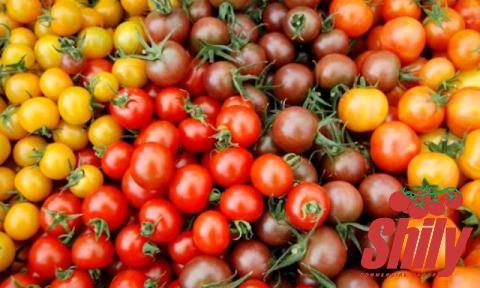
.
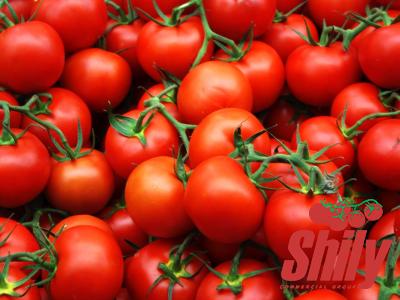 It’s important to note that the perception of bitterness can vary from person to person, as individual taste preferences and sensitivities play a significant role in how we experience flavors. Some people may be more sensitive to bitterness than others, leading them to detect even subtle hints of bitterness in foods like tomato paste. Factors Contributing to Bitterness in Tomato Paste: 1. Tomato Variety: Different varieties of tomatoes have varying levels of natural sugars and acids, which can affect the overall flavor profile of the tomato paste. Some tomato varieties may naturally have a slightly bitter taste, which can carry over into the finished paste. 2. Processing Techniques: The methods used to process and preserve tomatoes can impact their flavor. For example, tomatoes that are exposed to high temperatures or prolonged cooking times during the production of tomato paste are more likely to develop a bitter taste due to the breakdown of certain compounds.
It’s important to note that the perception of bitterness can vary from person to person, as individual taste preferences and sensitivities play a significant role in how we experience flavors. Some people may be more sensitive to bitterness than others, leading them to detect even subtle hints of bitterness in foods like tomato paste. Factors Contributing to Bitterness in Tomato Paste: 1. Tomato Variety: Different varieties of tomatoes have varying levels of natural sugars and acids, which can affect the overall flavor profile of the tomato paste. Some tomato varieties may naturally have a slightly bitter taste, which can carry over into the finished paste. 2. Processing Techniques: The methods used to process and preserve tomatoes can impact their flavor. For example, tomatoes that are exposed to high temperatures or prolonged cooking times during the production of tomato paste are more likely to develop a bitter taste due to the breakdown of certain compounds.
..
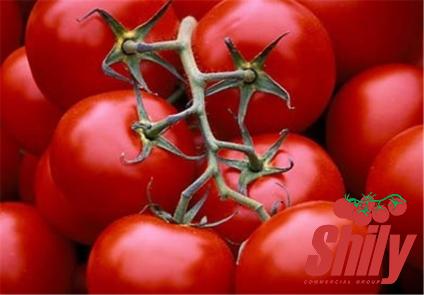 3. Packaging and Storage: Improper storage conditions, such as exposure to light, air, or high temperatures, can cause the degradation of flavors in tomato paste, potentially leading to bitterness over time. 4. Additives and Preservatives: Some commercially produced tomato pastes may contain additives or preservatives that can impart bitter notes to the product. It’s essential to carefully scrutinize the ingredients list when selecting tomato paste to avoid any unwanted bitterness. Preventing Bitterness in Tomato Paste: While some factors contributing to bitterness in tomato paste may be beyond your control, there are several steps you can take to help prevent or minimize the bitterness in your dishes: 1. Choose high-quality tomatoes: Opt for ripe, flavorful tomatoes when making your own tomato paste to ensure a sweeter, less bitter end result. 2. Balance flavors: Incorporate other ingredients, such as sugar, salt, herbs, or acid (like vinegar or lemon juice), to counteract any bitterness in the tomato paste and enhance its overall taste. 3. Monitor cooking times and temperatures: Be mindful of the cooking process when making tomato paste from scratch to avoid overcooking or burning the tomatoes, which can result in bitterness. 4. Store properly: Store store-bought tomato paste in a cool, dark place and use it within the recommended timeframe to preserve its flavor and prevent bitterness from developing.
3. Packaging and Storage: Improper storage conditions, such as exposure to light, air, or high temperatures, can cause the degradation of flavors in tomato paste, potentially leading to bitterness over time. 4. Additives and Preservatives: Some commercially produced tomato pastes may contain additives or preservatives that can impart bitter notes to the product. It’s essential to carefully scrutinize the ingredients list when selecting tomato paste to avoid any unwanted bitterness. Preventing Bitterness in Tomato Paste: While some factors contributing to bitterness in tomato paste may be beyond your control, there are several steps you can take to help prevent or minimize the bitterness in your dishes: 1. Choose high-quality tomatoes: Opt for ripe, flavorful tomatoes when making your own tomato paste to ensure a sweeter, less bitter end result. 2. Balance flavors: Incorporate other ingredients, such as sugar, salt, herbs, or acid (like vinegar or lemon juice), to counteract any bitterness in the tomato paste and enhance its overall taste. 3. Monitor cooking times and temperatures: Be mindful of the cooking process when making tomato paste from scratch to avoid overcooking or burning the tomatoes, which can result in bitterness. 4. Store properly: Store store-bought tomato paste in a cool, dark place and use it within the recommended timeframe to preserve its flavor and prevent bitterness from developing.
…
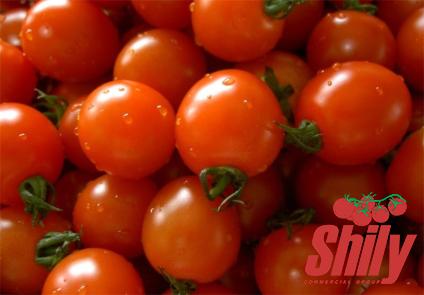 5. Experiment with different brands: If you consistently find bitterness in a particular brand of tomato paste, consider trying out different brands to see if there is one that better suits your palate. In conclusion, the bitterness in tomato paste can be a complex issue influenced by a variety of factors, including the type of tomatoes used, processing techniques, and individual taste perceptions. By understanding these factors and taking proactive measures to prevent bitterness, you can enjoy the rich, savory flavor of tomato paste in your cooking without any unwelcome bitterness. Whether you’re a culinary enthusiast or a professional chef, mastering the art of balancing flavors and selecting high-quality ingredients is key to creating delicious dishes that showcase the true essence of tomatoes without the bitter aftertaste. 6. Cook with care: When using tomato paste in recipes, be mindful of how much you’re adding and how it’s being incorporated. Adding too much tomato paste or cooking it for an extended period can intensify its bitterness. Start with a small amount and adjust to taste as needed. 7. Try different cooking techniques: Experiment with different cooking methods, such as roasting, braising, or simmering, to bring out the natural sweetness of tomatoes and reduce the risk of developing bitterness in your dishes. 8. Use complementary ingredients: Pair tomato paste with ingredients that can help balance out its bitterness, such as creamy dairy products (like cheese or cream), savory meats, or aromatic herbs and spices.
5. Experiment with different brands: If you consistently find bitterness in a particular brand of tomato paste, consider trying out different brands to see if there is one that better suits your palate. In conclusion, the bitterness in tomato paste can be a complex issue influenced by a variety of factors, including the type of tomatoes used, processing techniques, and individual taste perceptions. By understanding these factors and taking proactive measures to prevent bitterness, you can enjoy the rich, savory flavor of tomato paste in your cooking without any unwelcome bitterness. Whether you’re a culinary enthusiast or a professional chef, mastering the art of balancing flavors and selecting high-quality ingredients is key to creating delicious dishes that showcase the true essence of tomatoes without the bitter aftertaste. 6. Cook with care: When using tomato paste in recipes, be mindful of how much you’re adding and how it’s being incorporated. Adding too much tomato paste or cooking it for an extended period can intensify its bitterness. Start with a small amount and adjust to taste as needed. 7. Try different cooking techniques: Experiment with different cooking methods, such as roasting, braising, or simmering, to bring out the natural sweetness of tomatoes and reduce the risk of developing bitterness in your dishes. 8. Use complementary ingredients: Pair tomato paste with ingredients that can help balance out its bitterness, such as creamy dairy products (like cheese or cream), savory meats, or aromatic herbs and spices.
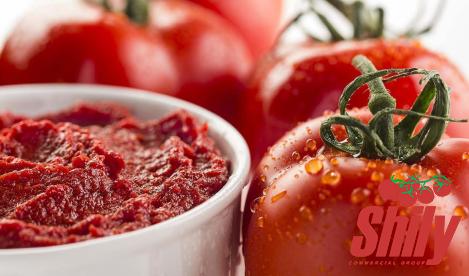

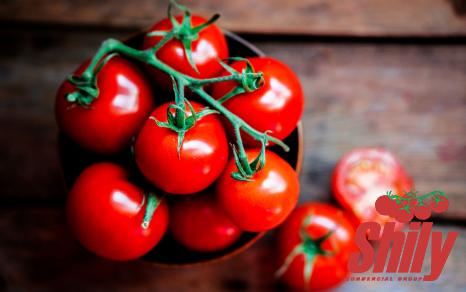
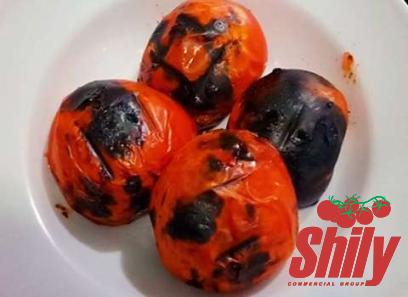
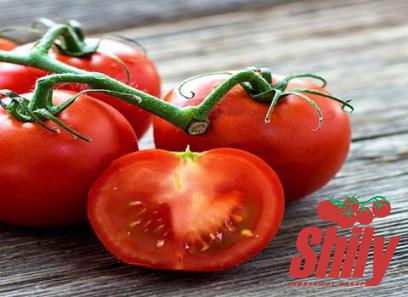
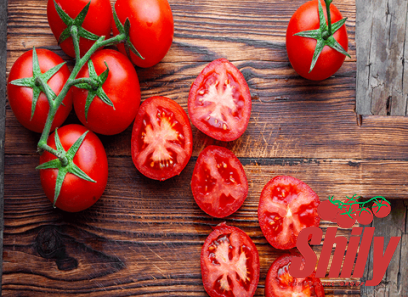

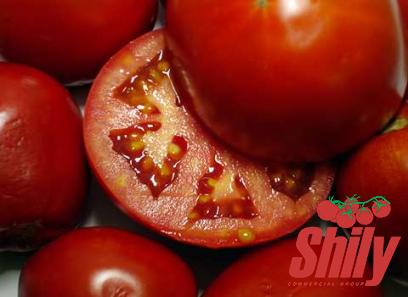
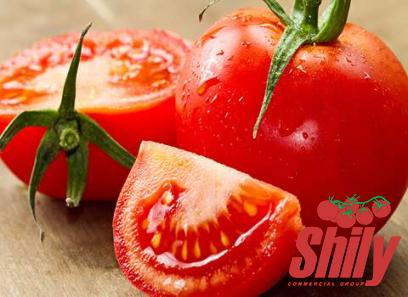

Your comment submitted.